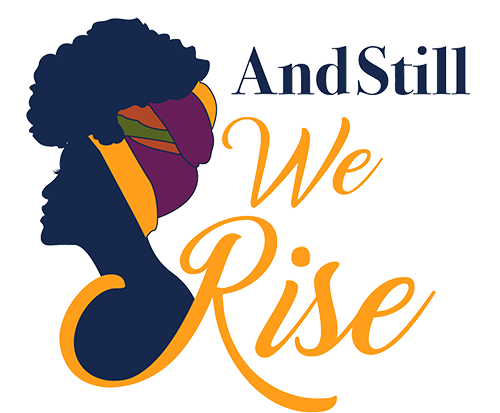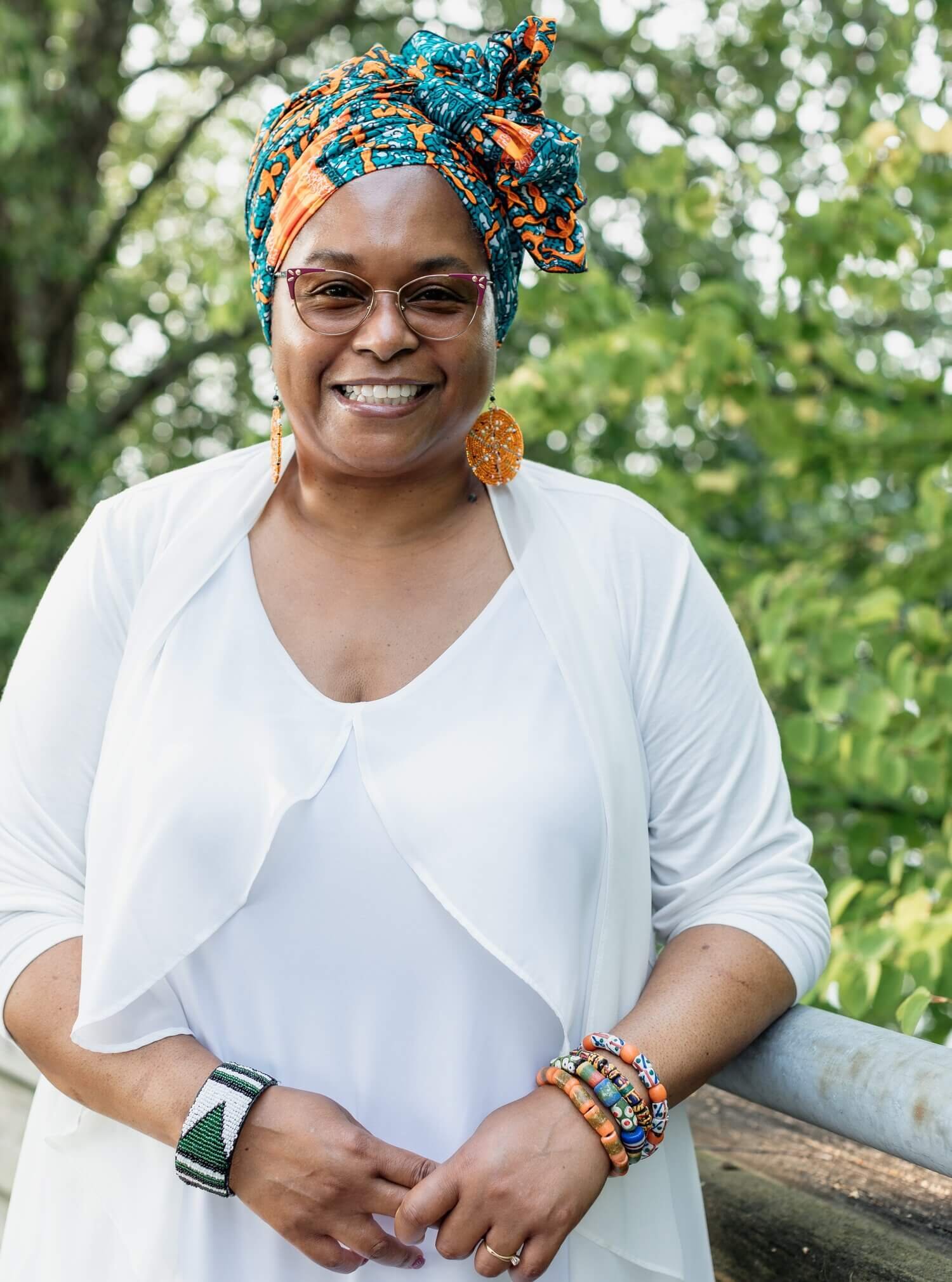Yes, I Was Born a "Negro" — Part 2: My "New Colored Friends"
By: Roberta Holmes
You can’t make this stuff up. This happened — recently.
I was at a professional networking event, confidently representing And Still We Rise and doing what I do best: sharing our purpose, our work, and the transformative impact we have with organizations striving to build healthier, more equitable environments. I was in my full signature style — a vibrant African print top, purple pants, multicolored sneakers, and, of course, my large African print earrings that pulled it all together. Unapologetically vibrant. Joyfully Black. Rooted in pride and culture.
As I made the rounds introducing myself and our work, I had a wonderful initial conversation with one woman who was genuinely interested in what we do. I handed her our brochure, some flyers, and my card, and continued sharing with others. About twenty minutes later, she circled back — now approaching the table where I was standing alongside my colleague, Dr. Boyles, continuing conversations with new contacts.
Her energy was high, animated, and full of excitement. She eagerly shared with both of us that she couldn’t wait to get back to her team on Monday and tell them all about this great organization she had just discovered — And Still We Rise. She expressed how impressed she was and that she was planning to engage our services to support her organization. It was exactly the kind of positive response we hope for at events like these.
And then, in the middle of her enthusiasm, she said:
"I can’t wait to go back to work on Monday and tell everyone about my new colored friends!"
My colleague's face froze in absolute horror.
And me? I laughed.
The Collision of Progress and Old Language
The irony was staggering. In one breath, she was excitedly moving toward partnership with an anti-racist, equity-driven organization — and in the very next breath, she unconsciously reached for a word soaked in generations of racial hierarchy and pain. "Colored."
A word that, for people like me — whose birth certificate reads Negro — isn’t simply an outdated term. It’s a wound. A label designed to diminish, categorize, and control. A word that was used as justification for exclusion, segregation, and violence. A word that was never neutral.
And yet here it was, tumbling out casually, unintentionally — evidence of how easily these words live just beneath the surface for many, unexamined and unchallenged.
Good Intentions Are Not Enough
Some would say, "She meant well."
Some would say, "She was excited!"
Some would say, "At least she wants to work with you."
All of that may be true — but it doesn’t erase the sting.
This is where many struggle to understand the depth of how racism operates. It isn’t always in overt hate or malice. It often hides in unchecked language, in normalized assumptions, in the reflexive comfort of terms long past their expiration date but never fully buried.
Why I Laugh
You may ask, Why did I laugh? My laughter isn’t approval. It’s not dismissal. It’s not a free pass. My laughter is a shield — a choice.
The truth is, that laughter has been one of my most reliable coping mechanisms throughout my life. From childhood into adulthood, I’ve found that humor — even in the most absurd or offensive moments — allows me to disarm situations that might otherwise leave me feeling angry, hurt, or diminished. It gives me space to breathe. It buys me a moment of control in situations where I might otherwise feel powerless.
Laughter helps me take back the energy that someone’s ignorance tries to steal. It allows me to stay present, to stay grounded in my dignity and my worth.
And let’s be honest: sometimes, the ridiculousness of it all is so glaring, so surreal, that you either have to laugh or risk being consumed by the weight of it. My laughter has protected me. It has kept me from carrying home every single offense, from allowing other people’s unconscious bias to poison my spirit.
As my Momma used to say, “You laugh to keep from cryin’.” And after all these years, that wisdom still serves me well.
But make no mistake — my laughter does not mean I am unaffected. It does not mean I don’t see it. It does not mean I excuse it. It simply means I have chosen a response that allows me to keep moving forward while holding my head high.
The Work Ahead
Here’s the most complicated part of all: even after this interaction, of course, we will work with this organization. That is why we do what we do. This is why And Still We Rise exists — to support people and organizations who don’t even realize how much unlearning they have ahead of them.
And I am committed — because the work of liberation means staying at the table even when the language still carries the dust of oppression.
I am not your "colored friend."
I am your partner.
I am your professional equal.
I am a proud Black woman.
I am here to help you rise.
And yes — I still love my Colored Negro Black job!!!!
About:
Roberta Holmes (she/her) is a member of the And Still We Rise Consulting Team and serves as Partnership Development Specialist. Learn more about Roberta here.

